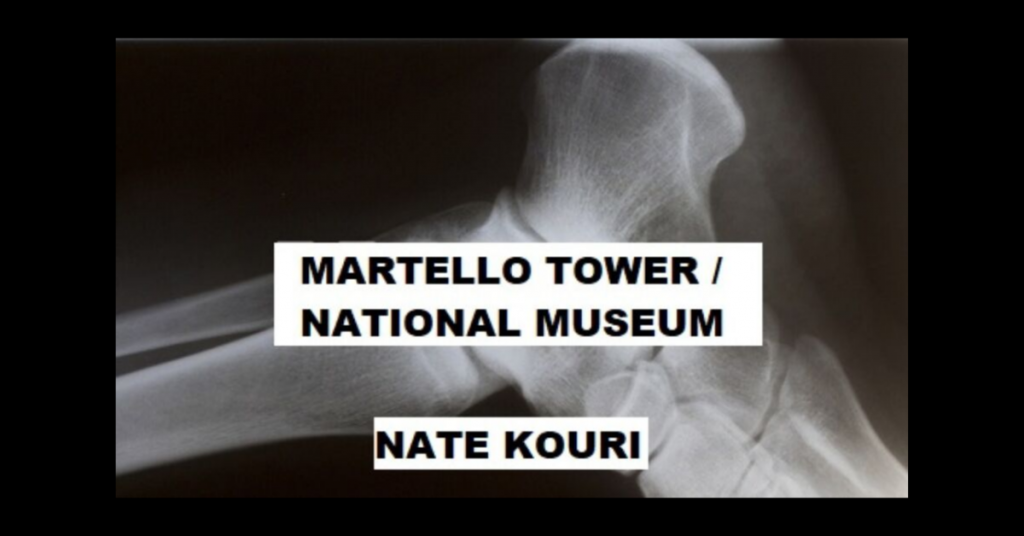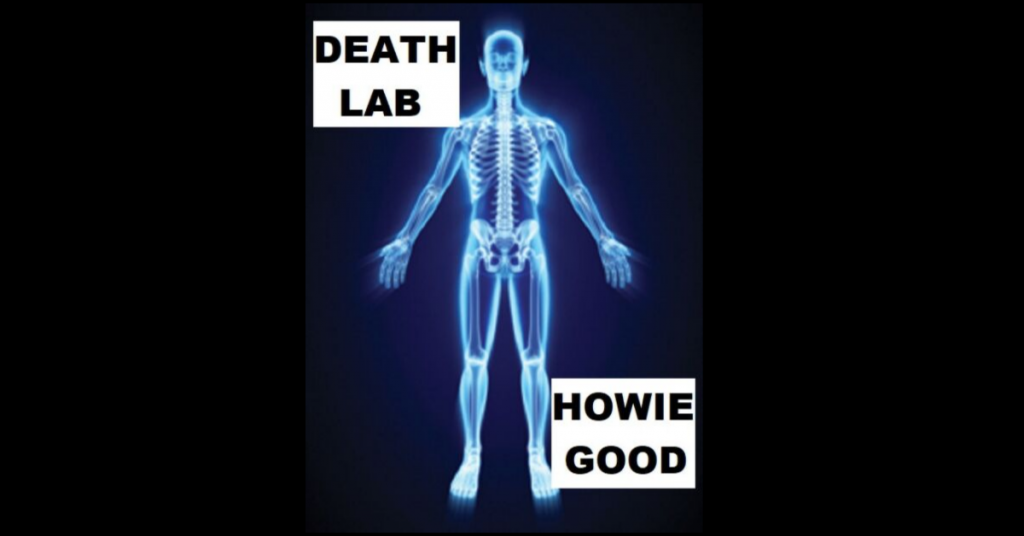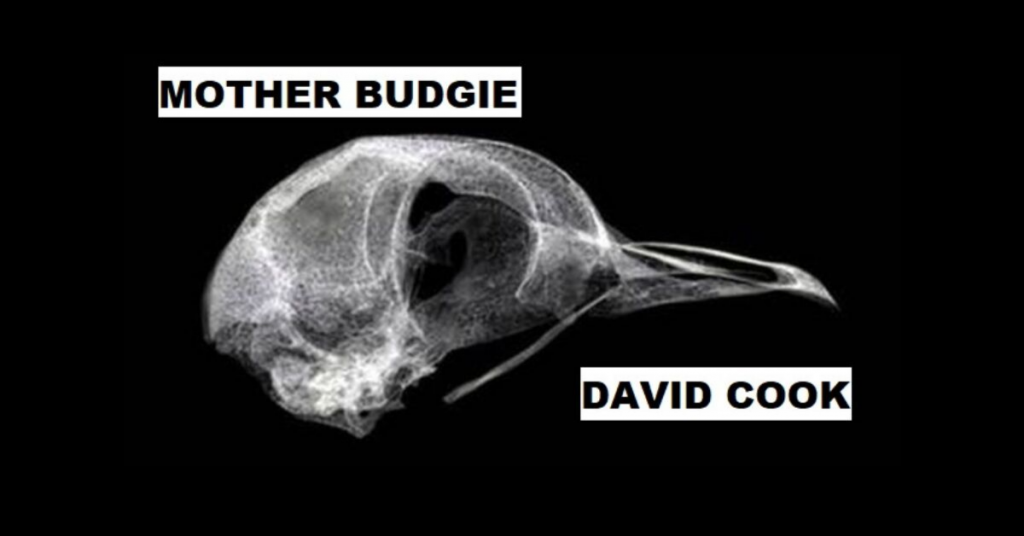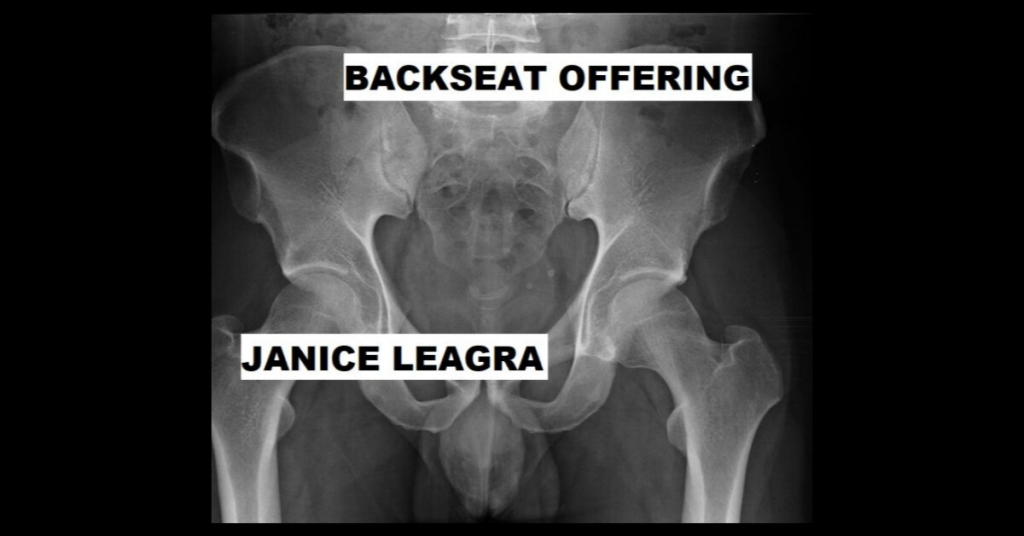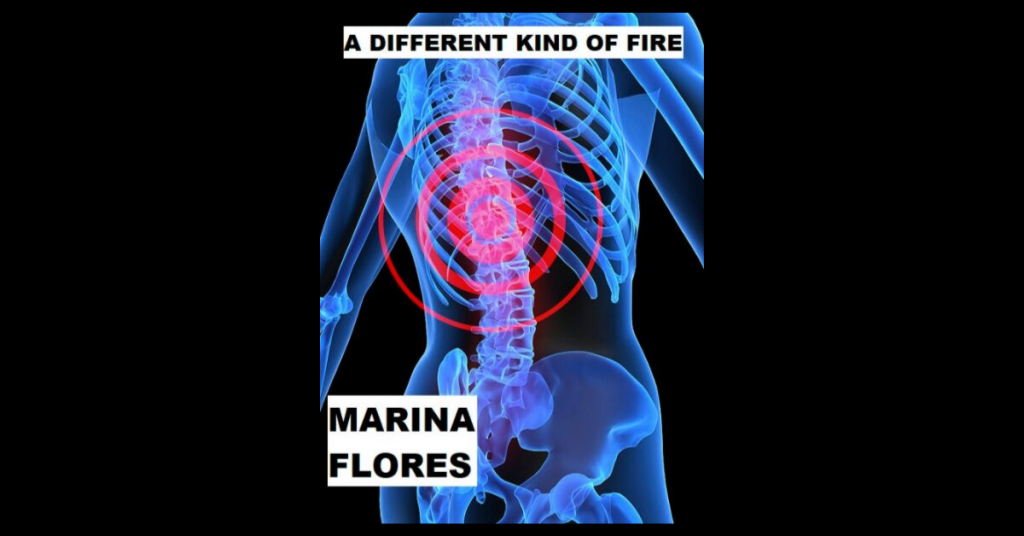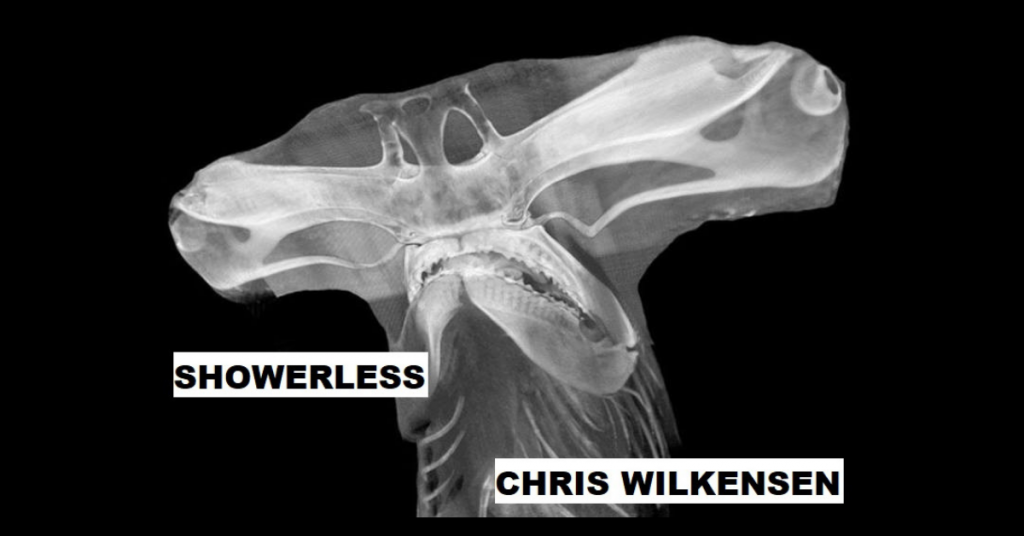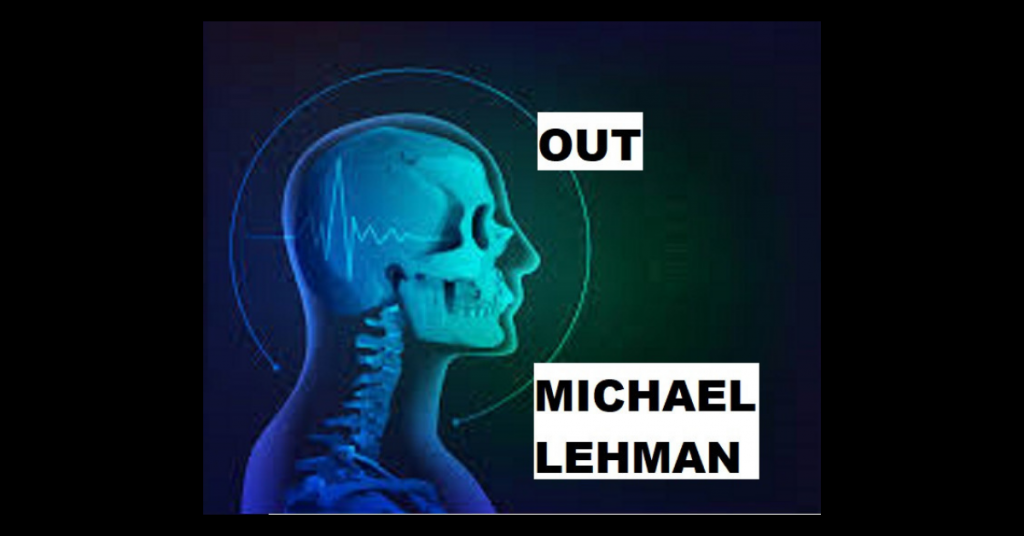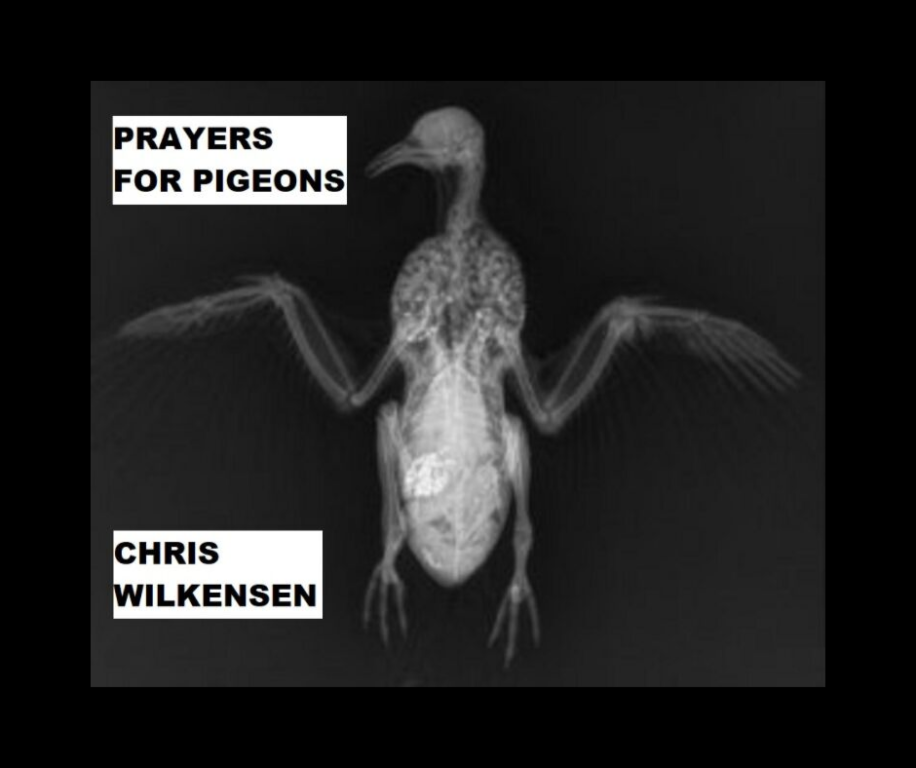
PRAYERS FOR PIGEONS by Chris Wilkensen
On a bright summer morning, Edith craved something different to do. In the 1960s, without school, TV or a radio, she went outside and peered at the pigeon coop, maybe the only clear possessions of value that her father owned. She decided to say hi to them, the closest things she had to pets. Pigeons weren’t cuddly or pretty. But they were company for Edith, creatures that wouldn’t take out their frustrations on her and she enjoyed feeding them. Watching animals eat was almost like going to the movies. Edith picked up the cup inside the 50-pound bag of bird…


